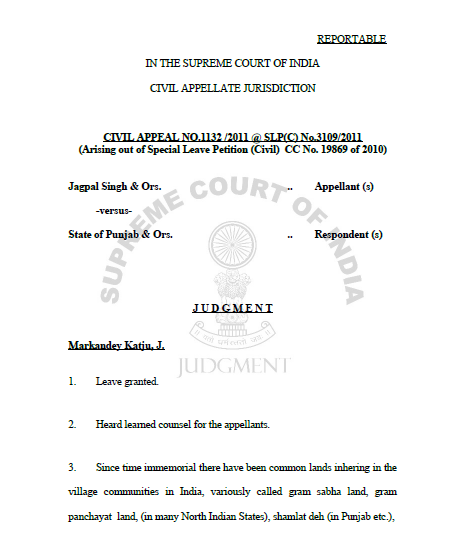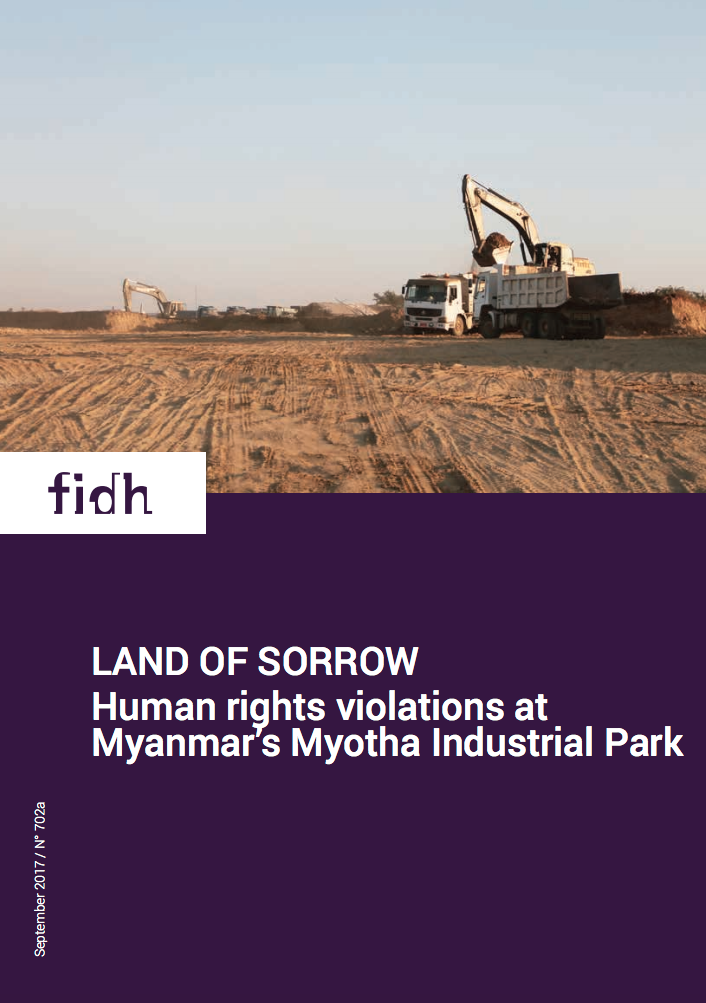Gender Equitable Land Governance in Odisha, India: An analysis through VGGT-Gender Lens
This paper analyzes the state’s Land Governance in terms of the five themes for
administrators, technicians and professionals working in the land sector as per the gender-framework of FAO’s VGGT along with an additional theme on community perspectives on women land rights, and recommends strategies for moving towards it.






